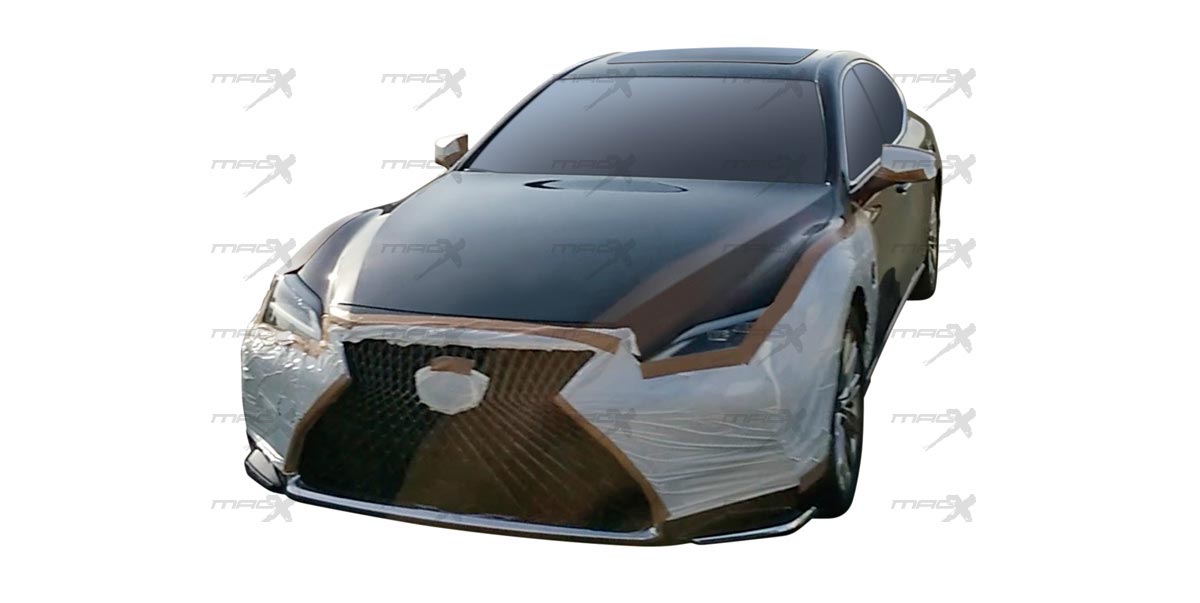The Lexus LS sedan is rumoured to get a mid-cycle refresh next year, and now a camouflaged prototype spotted in Japan by Mag-X essentially confirms the fact.
Like most facelifts, the focus is on the lights and bumpers, and the changes seem relatively minor. There is a hint that this LS may be equipped with autonomous tech — from Lexus Enthusiast forum member TurboLag:

Mag-X also suggests a V8 hybrid 600h powertrain will be returning to the LS sedan, though it’s unclear if it would be the previously used 2UR-FSE 5L V8 or a new engine altogether. There’s also a hint of a possible 4-cylinder engine option, though this is unlikely to reach North America regardless.


Comments